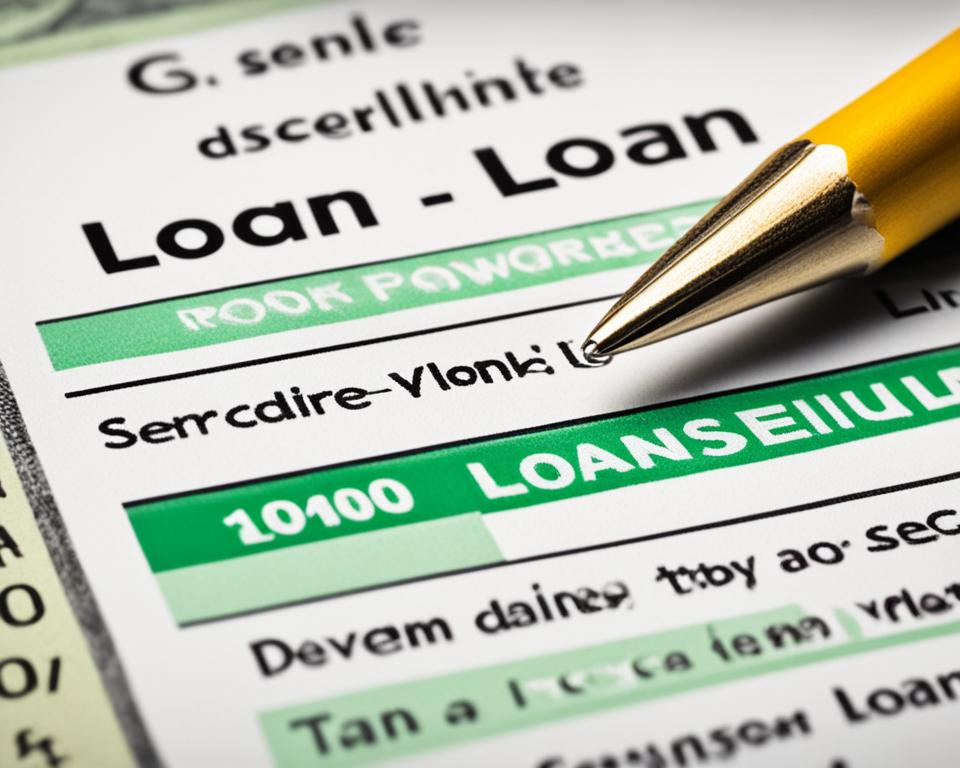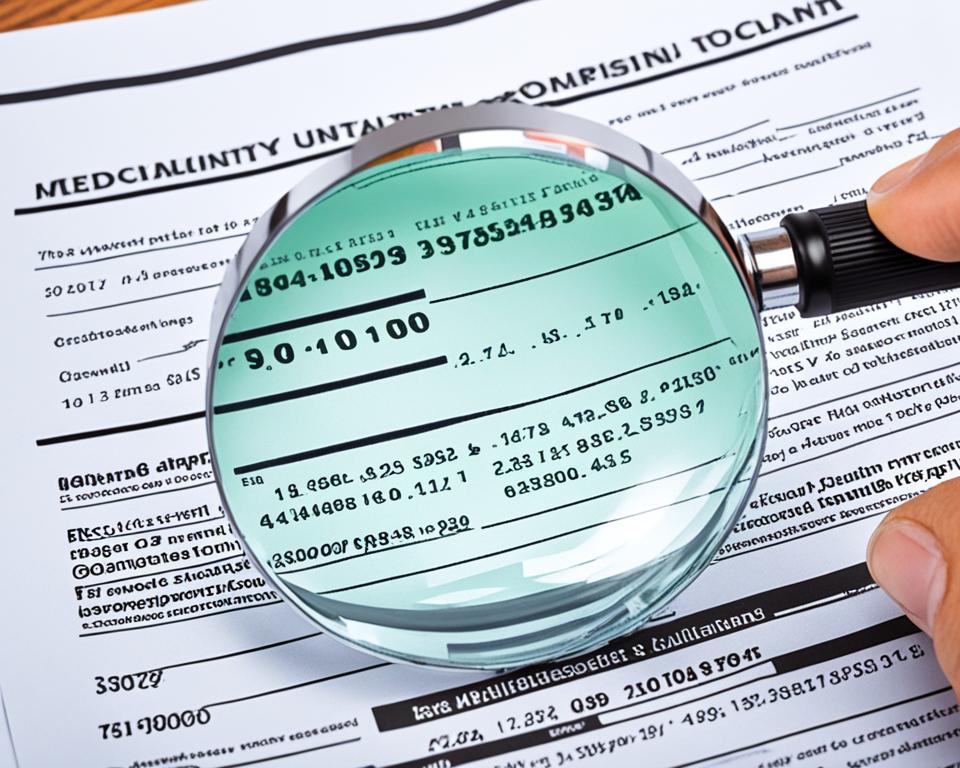Documentation requirements: What documents will I need to provide during the application process?
During the mortgage application process, you will be required to provide several documentation to support your financial standing and eligibility. These documents serve as proof of your income, assets, debts, and personal information. Some of the typical documents requested by lenders include:
1. Pay stubs: Recent pay stubs or salary statements showing your income and employment details.
2. Tax returns: Copies of your federal tax returns for the past two years, including all schedules and W-2 forms.
3. Bank statements: The most recent bank statements from all your accounts, including savings, checking, and investment accounts.
4. Proof of assets: Documentation for any assets you own, such as real estate, vehicles, or other valuable properties.
5. Identification: A valid government-issued identification card, such as a driver’s license or passport.
Additionally, you may also need to provide additional documents such as divorce decrees, child support agreements, or bankruptcy paperwork if applicable. It’s important to gather all necessary documentation upfront to ensure a smooth and efficient application process.
Timelines: How long does it typically take to get pre-approved and close on a mortgage?
When it comes to getting pre-approved and closing on a mortgage, the timeline can vary depending on several factors. Generally, the process of getting pre-approved can take anywhere from a few days to a few weeks. This involves submitting the necessary financial documents, such as pay stubs, bank statements, and tax returns, to the lender for review. The lender will then assess your financial situation and determine the maximum loan amount you are eligible for. It is important to note that getting pre-approved does not guarantee final approval for a mortgage, but it does give you a better idea of how much you can afford.
Once you have been pre-approved, the next step is closing on your mortgage. This typically takes around 30 to 45 days, although it can sometimes be expedited or delayed depending on various factors. During this time, a series of steps and tasks need to be completed, such as conducting a home appraisal, obtaining title insurance, and finalizing the loan documentation. It is important to work closely with your real estate agent and lender to ensure that all necessary tasks are completed in a timely manner. By staying organized and proactive throughout the process, you can help minimize any potential delays and ensure a smooth and efficient closing.
Loan Options:
When exploring mortgage options, it is important to understand the different types of loans that are available and determine which one is the best fit for your situation. There are various loan options to consider, including conventional loans, FHA loans, VA loans, and USDA loans.
Conventional loans are a popular choice for many home buyers as they typically have competitive interest rates and can be used for a variety of property types. FHA loans are insured by the Federal Housing Administration and often have lower down payment requirements, making them a viable option for first-time buyers. VA loans are exclusively available to qualifying military service members, veterans, and their spouses, offering competitive rates and flexible terms. Lastly, USDA loans are designed for rural homebuyers and offer low-interest rates and no down payment requirement.
With multiple loan options at your disposal, it is crucial to consult with a mortgage professional who can provide personalized guidance based on your specific circumstances. They will assess your financial situation, credit history, and preferences to help you choose the loan option that best aligns with your goals and needs. Understanding the various loan choices available will empower you to make informed decisions throughout the mortgage process.
Loan options: What types of mortgage loans do you offer, and which one would be the best fit for my situation?
When it comes to mortgage loans, there are various options available to suit different situations and needs. One of the most common types is a conventional loan, which is not insured or guaranteed by the government. These loans typically require a higher credit score and a larger down payment. They offer a wide range of terms and interest rates, making them suitable for borrowers with a stable financial situation.
Another option is an FHA loan, which is insured by the Federal Housing Administration. These loans are popular among first-time homebuyers and those with lower credit scores, as they often have more flexible eligibility requirements. FHA loans typically have a lower down payment requirement, making them more accessible for borrowers who may not have a significant amount of savings.
VA loans are designed for active-duty military members, veterans, and their spouses. These loans are guaranteed by the Department of Veterans Affairs and often come with favorable terms, such as no down payment requirement and lower interest rates. They are an excellent choice for those who have served in the military and are looking to buy a home.
USDA loans are backed by the United States Department of Agriculture and are available to eligible rural and suburban homebuyers. These loans offer flexible credit requirements and low-interest rates, and they require no down payment. They are a great option for those looking to purchase a home in a designated rural area.
It is vital to carefully consider your financial situation, credit score, and long-term goals when choosing a mortgage loan. Consulting with a qualified loan officer or mortgage broker can help you determine the best fit for your unique circumstances.
Interest rates: What is the current interest rate for the loan I am considering, and can it change over time?
Interest rates are a crucial factor to consider when exploring mortgage options. It is important to know the current interest rate for the loan you are considering, as it will directly impact your monthly mortgage payments and overall affordability. The current interest rate is determined by various factors, including market conditions, the type of loan you choose, and your creditworthiness. Keep in mind that interest rates can change over time, so it is advisable to stay updated on any fluctuations in the market. Being aware of these changes can help you make informed decisions and potentially save money in the long run.
Understanding how interest rates can change is essential for borrowers. Mortgage interest rates are influenced by economic factors, such as inflation, employment rates, and government policies. These factors can cause interest rates to fluctuate over time. For example, if the economy is experiencing inflation, interest rates tend to rise to combat it. Conversely, during periods of economic downturn, interest rates may be lowered to stimulate borrowing and spending. It is important to consult with lenders or mortgage brokers to get the most accurate and up-to-date information on current interest rates for the loan you are considering.
Down payment: What is the minimum down payment required for the loan I am interested in?
When it comes to the down payment for a mortgage loan, the minimum amount required can vary depending on several factors. One of the main factors is the type of loan you are applying for. Conventional loans, which are not insured or guaranteed by the government, typically require a down payment of at least 3% to 5% of the purchase price. However, it’s important to note that if your down payment is less than 20%, you may be required to pay private mortgage insurance (PMI), which can increase your monthly mortgage payment.
On the other hand, government-backed loans such as FHA loans have a minimum down payment requirement of 3.5% of the purchase price. These loans are insured by the Federal Housing Administration, which allows borrowers with lower credit scores and limited funds for a down payment to qualify for a mortgage. Additionally, there are certain programs available for first-time homebuyers that may offer down payment assistance or grants, helping to reduce the amount of money you need to put down.
Fees and Costs:
When applying for a mortgage, it’s important to consider the various fees and costs associated with the process. These costs can vary depending on factors such as the type of loan you choose, the lender you work with, and the location of the property. Some common fees you may encounter include origination fees, appraisal fees, title search fees, and credit report fees. Additionally, there may be costs associated with obtaining homeowners insurance and setting up an escrow account for property taxes and insurance. It’s crucial to thoroughly review the estimated closing costs provided by your lender to have a clear understanding of the financial obligations you will incur.
In addition to the upfront fees, it’s essential to also consider potential ongoing costs associated with your mortgage. One key factor to examine is the interest rate. The interest rate will determine the amount of interest you will pay over the life of the loan. It’s important to inquire about the current interest rate for the loan you are considering and determine if it is fixed or adjustable. Additionally, you should ask whether the interest rate can change over time, as this can potentially affect your monthly mortgage payments. By understanding the fees and costs associated with a mortgage, you can better plan your finances and make an informed decision about which loan option is most suitable for your situation.
Closing costs: What are the estimated closing costs associated with my mortgage, and are there any potential additional fees?
Closing costs are an important consideration when obtaining a mortgage. These costs typically include fees associated with the loan application, such as appraisal fees, credit report fees, and loan origination fees. It is essential to factor in these costs when budgeting for the purchase of a home. While the exact amount of closing costs will vary depending on factors such as the loan amount and location, it is reasonable to estimate that they can range from 2% to 5% of the total loan amount.
In addition to the estimated closing costs, there may be potential additional fees that borrowers should be aware of. These fees can include but are not limited to, home inspection fees, title search fees, and survey fees. It is essential to discuss these potential additional fees with your lender to get a complete understanding of the costs involved in the mortgage process. By being informed about the estimated closing costs and potential additional fees, borrowers can make sound financial decisions when it comes to their mortgage.
Prepayment penalties: Are there any prepayment penalties if I decide to pay off the loan early or make extra payments?
Prepayment penalties are an important factor to consider when evaluating mortgage options. These penalties are fees charged by lenders if borrowers choose to pay off their loans earlier than the agreed-upon terms or make extra payments. The purpose of these penalties is to compensate lenders for the potential loss of interest income that they would have received had the loan been paid off as originally scheduled. The specific terms and conditions of prepayment penalties can vary depending on the lender and the type of loan. Some loans may have no prepayment penalties at all, while others may have different penalty structures, such as a percentage of the outstanding balance or a specific number of months of interest.
Understanding the prepayment penalty terms is crucial because it can significantly impact the overall cost of the mortgage. If you anticipate paying off your loan early or making additional payments, it’s important to review the loan agreement and inquire about any prepayment penalties. By doing so, you can make a well-informed decision and choose a mortgage option that aligns with your financial goals and plans. Remember, by fully understanding the terms and conditions, you can determine the potential costs and make the best choice for your specific situation.
Escrow
Escrow is an important aspect of the mortgage process that ensures the protection and distribution of funds between the buyer, seller, and lender. When you enter into an escrow agreement, a neutral third party is appointed to hold onto funds and important documents until all conditions of the transaction are met. This helps to mitigate risk and provide a sense of security for all parties involved.
During the escrow period, the third party will review the terms of the purchase agreement, coordinate with the lender, and handle the transfer of funds. They will also ensure that any necessary inspections, repairs, or other contingencies are completed satisfactorily. Once all requirements are fulfilled, the escrow agent will distribute the funds accordingly, including any payments owed to the seller, real estate agent commissions, and closing costs.
Escrow serves as a vital intermediary in the mortgage process, facilitating a smooth and secure transaction for both the buyer and seller. Its role in protecting funds and ensuring all parties meet their obligations adds an additional layer of assurance to the mortgage process.




